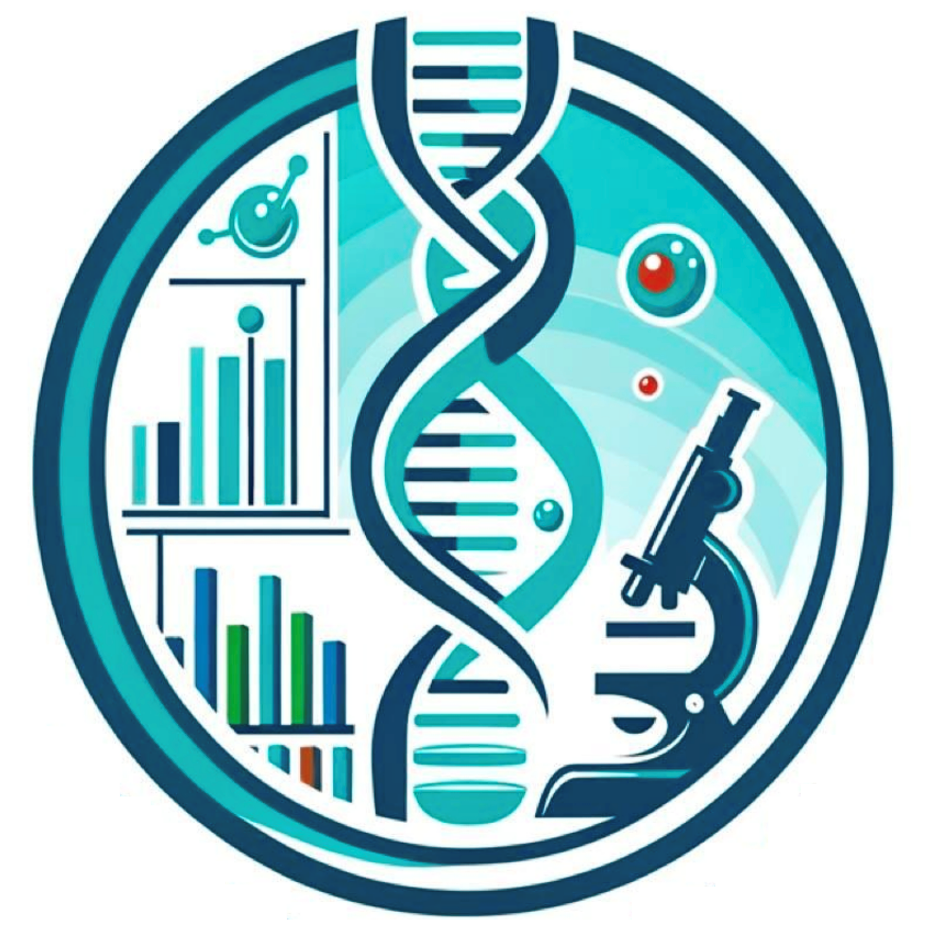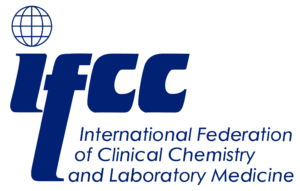To broaden access to and implementation of precision medicine in the care of patients with pancreatic cancer, the Know Your Tumor (KYT) program was initiated using a turn-key precision medicine system. Patients undergo commercially available multiomic profiling to determine molecularly rationalized clinical trials and off-label therapies. Tumor samples were obtained for 640 patients from 287 academic and community practices covering 44 states. College of American Pathologists/Clinical Laboratory Improvement Amendments-accredited laboratories were used for genomic, proteomic, and phosphoprotein-based molecular profiling. Tumor samples were adequate for next-generation sequencing in 96% and IHC in 91% of patients. A tumor board reviewed the results for every patient and found actionable genomic alterations in 50% of patients (with 27% highly actionable) and actionable proteomic alterations (excluding chemopredictive markers) in 5%. Actionable alterations commonly found were in DNA repair genes ( or mutations, 8.4%) and cell-cycle genes ( or alterations, 8.1%). A subset of samples was assessed for actionable phosphoprotein markers. Among patients with highly actionable biomarkers, those who received matched therapy ( = 17) had a significantly longer median progression-free survival (PFS) than those who received unmatched therapy [ = 18; PFS = 4.1 vs. 1.9 months; HR, 0.47; 95% confidence interval (CI): 0.24-0.94; = 0.03]. A comprehensive precision medicine system can be implemented in community and academic settings, with highly actionable findings observed in over 25% of pancreatic cancers. Patients whose tumors have highly actionable alterations and receive matched therapy demonstrated significantly increased PFS. Our findings support further prospective evaluation of precision oncology in pancreatic cancer. .

